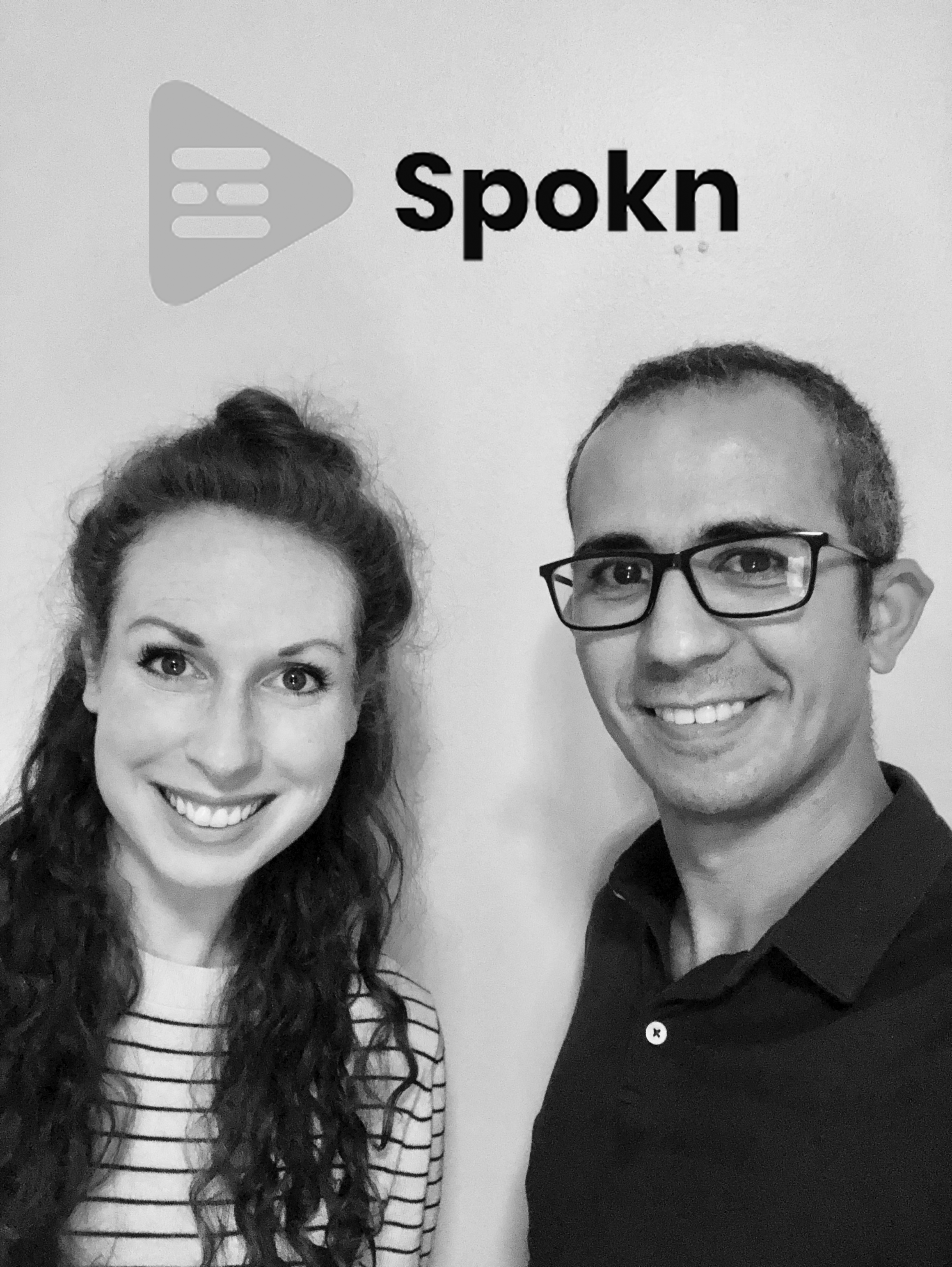In a time where the future may feel daunting, Mariel Davis, Executive Global Masters in Management (EGMiM) alumna tells us about her journey of starting a business during a global pandemic.
COVID-19 has upended innumerable aspects of professional life, among them, how we develop the skills we need to thrive at our jobs.
The field of “talent development” first captured my interest years before the pandemic during Organisational Behaviour, a course in the Executive Global Masters in Management programme. But when I graduated from LSE, I had no intention of launching a talent develop start-up – much less during a pandemic.
It would take years of observation; meeting a talented entrepreneur with a stellar idea; and countless research conversations before I felt ready to join a wave of entrepreneurs trying to make work ‘work’ in a disrupted world.
Identifying the problem
Ironically, most HR experts would agree that technology has turned human skills like leadership, communication, creativity, and adaptability into a top corporate learning priority. But in-person training is expensive and time consuming, and online courses often yield low engagement.
The result: employees engage in learning activities only a few days a year – a big problem when the skills you are trying to confer require constant exposure ‘stick.’
By the time I graduated from LSE, I had seen this reality first-hand through my role on the leadership team of one of the world’s largest skills training organisations focused on Millennials.
As we scaled across 10 countries, I;
- saw the growing appetite for short, ‘bite-size’ content as opposed to longer courses
- watched ‘mobile-natives’ masterfully pursue information online
- witnessed their frustration if they could not find what they needed to know ‘just in time’ and in a format that fit their lives
‘Found’ by a Co-Founder
The trends I observed in corporate learning never came up when I first met Fawzy Abu Seif. Instead, we talked about audio. Fawzy was about to launch an app for narrated articles that were ‘evergreen’ – continually relevant even years after they were published.
The idea was to feature a wide range of topics so people could listen on the go to content they simply did not have time to read on a screen.
Fawzy had just scaled one of the Arab world’s most successful tech companies using insights he had learned from the audiobooks that he devoured while crawling through Cairo traffic. He was frustrated that he couldn’t do the same for articles.
As an audiophile living in Cairo myself at the time, I shared his frustration – and his excitement.
For weeks, we chatted about the business model and value proposition, conversations I would never have had the knowledge or confidence to navigate before my LSE degree.
It was an honour when he suggested I join him to found the company. But even with my degree, I questioned if I had enough relevant expertise to add value. I would remain a thought partner – for the time being.
…we chatted about the business model and value proposition, conversations I would never have had the knowledge or confidence to navigate before my LSE degree.
An unexpected idea
Fast forward 16 months, and Fawzy had connected with a rockstar engineer Mohammed Galal Eldeen. Together they had built an incredible team and the first iteration of Spokn, a sleek audio app for consumers. Users could listen to evergreen articles from The New York Times, The Financial Times, The Guardian, and many more, all while they did something else, like commute or exercise.
 But the data showed something surprising: of all the topics users could choose, what they gravitated to was not culture, society or science – it was personal and professional development.
But the data showed something surprising: of all the topics users could choose, what they gravitated to was not culture, society or science – it was personal and professional development.
We were intrigued by the idea that in their personal time, people wanted to listen to content that could help them do better at work. We wondered: if professionals want to learn through short, ‘bite-sized’ audio, was the $360Bn Learning and Development (L&D) industry giving them the chance? And if not, should we?
We wondered: if professionals want to learn through short, ‘bite-sized’ audio, was the $360Bn Learning and Development (L&D) industry giving them the chance? And if not, should we?
Tapping our networks
For answers we turned to our networks, including eleven LSE alumni ‘talent developers’ who worked in L&D. Their message was consistent: talent development budgets were increasing year-over-year but existing L&D solutions required learners to sit in a training session or stare at a screen.
This inconvenience discouraged busy professionals from learning through formal channels and so many relied on Google instead – learning that companies could neither see nor guide.
Because getting employees to consistently make time to learn through official platforms was so difficult, the little employees learned did not ‘stick.’
According to the talent developers, if the convenience of audio could convince employees to layer learning into their existing habits – like walking the dog, doing a load of laundry, or exercising – we should find a customer base.
This would be especially true if we could build in features that could enable talent developers to ‘nudge’ employees with specific content by promoting it or sending push notifications. We were amazed when many of the companies asked us to circle back when we were ready to pilot.
We were amazed when many of the companies asked us to circle back when we were ready to pilot.
Diving in
Their enthusiasm convinced me to join full-time, and in the fall of 2019, I teamed up with Fawzy as a late cofounder.
We pivoted Spokn into the talent development space as an audio solution that could help companies build a culture of continuous learning.
While Fawzy worked on the enterprise product, I built content partnerships with top universities and, with the help of LSE classmates, major consulting firms.
Many 15-hour workdays, false starts and road bumps later, we had narrated over 1,500 articles.
Thanks to our content partnerships with McKinsey & Company, BCG, LSE, Harvard Business School, MIT, Northwestern Kellogg, Columbia University, Mindful, Inc and many more, we had a library of engaging 10-minute “listens” on;
- leadership
- management
- communicating
- productivity
- strategic thinking
- other core professional skills
This demo shows what it’s like.
By the start of May, at the height of the pandemic, we were ready to launch with our first two (very different) customers – one, a Fortune 500 company, and the other, a small startup.
By the start of May, at the height of the pandemic, we were ready to launch with our first two (very different) customers – one, a Fortune 500 company, and the other, a small startup.
What’s next
The global crisis has amplified the typical challenges an early-stage start-up faces. From skittish VCs to a distracted customer base to a broader economic downtown, the future feels daunting.
But COVID-19 has dramatically disrupted the way professionals work, and employees need to rapidly learn skills like virtual collaboration, resilience, and leading amid uncertainty – ideally without adding to their ‘screen fatigue.’
We are lucky to be in a position to help and know there’s an exciting road ahead.
Learn more about the Executive Global Master’s in Management programme.







